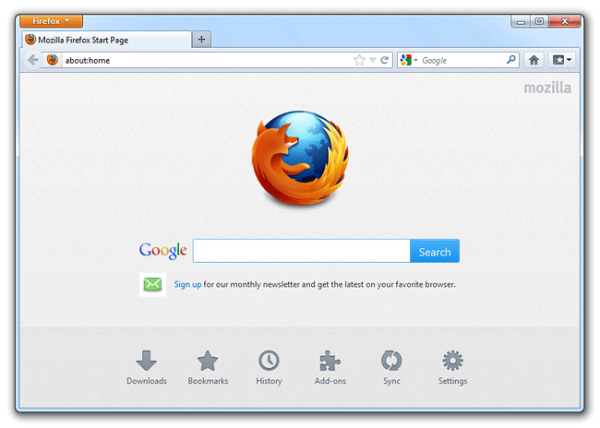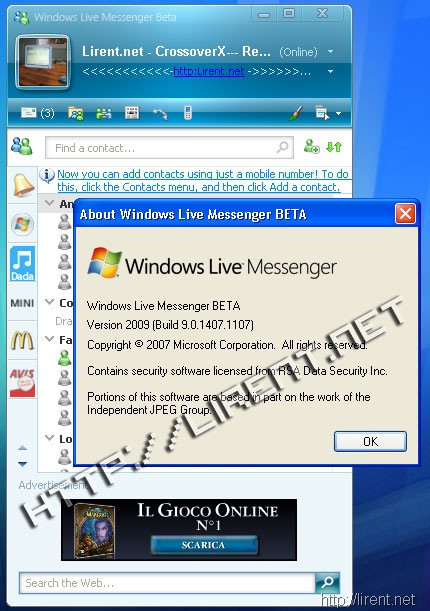The Firefox project began as an experimental branch of the Mozilla project by Dave Hyatt and Blake Ross.
The Firefox project went through many versions before 1.0 was released on November 9, 2004. After a series of stability and security fixes, the Mozilla Foundation released its first major update, Firefox version 1.5, on November 29, 2005.
What makes Firefox different from other open source projects is its consumer appeal. Until now, the open source community has been very good at creating useful software but lousy at finding nontechnical users.
Firefox the browser is an impressive piece of software. It’s easy to use, easy on the eyes, and safer than IE – partly because it’s too new to have amassed a following of evil hackers. Firefox the phenomenon is something much bigger. It’s a combination of innovations in engineering, developer politics, and consumer marketing.
"5 Years of Firefox Cake at Japan Developer Day" via flickr
The Future
The release following Firefox 3.5 will be Firefox 3.6. The codename for this version is Namoroka, sometimes referred to as Firefox.next. Development for this version started on 1 December 2008, and it is planned for release in December 2009. This release will use the new Gecko 1.9.2 rendering engine. The first alpha of version 3.6 was released on 7 August 2009 and Beta 1 was released October 30th. The release candidate is planned for release on November 26th.
Mitchell Baker, Mozilla’s former Chief Executive Officer, has spoken of the Mozilla Foundation’s plans to create a version of Firefox, codenamed Fennec, that will run reliably on mobile phones, as well as a strategy for syncing content downloaded on a PC with mobile handsets.
Meanwhile, integral offline application support technology—similar to Gears—is also being developed for Firefox. Baker has said that given the level of investment made in the web as a platform, taking applications to the next level will require that they continue to work when a computer is offline.
Mozilla development team has also announced a project named "Electrolysis" to make Firefox multiprocess, similar to implementations done by Google Chrome and Internet Explorer 8.
Website Firefox.com







